Search Results
1 – 10 of 637 search results for COVID
-
Global HealthREUTERS
Will Protests in China Against COVID Lockdowns Succeed?
On Deep Dish we discuss if protests against zero-COVID mean a change in Chinese attitudes toward political expression.
-
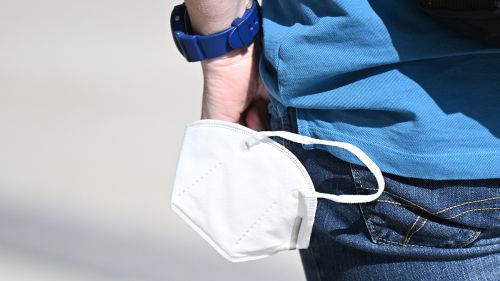 Reuters
ReutersUS Concern about COVID-19 Decreasing, but Partisan Divides Persist
Americans are less worried about COVID-19 than they have been at any point since the initial shutdown in early 2020, Council polling finds.
-
Reuters
What is the Future for Skyscrapers After COVID-19?
In the most globally connected financial capitals, skyscrapers will continue to serve as a key component of the built environment.
-
 Yomiuri
YomiuriCOVID-19 Lessons from Japan
Nikkei's Kiyoshi Ando joins Deep Dish to explain why Japan appeared to be a COVID-19 miracle success story but is now seeing a spike in infections.
-
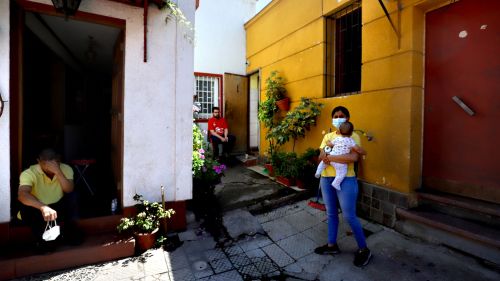 REUTERS
REUTERSPublic Opinion as COVID-19 Cases Slow in Some Countries, Increase in Others
The Chicago Council’s polling team examines public opinion on COVID-19 from the United States, France, the UK, Italy, and Canada.
-
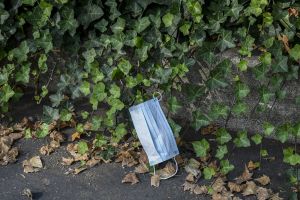 Public Opinion SurveyReuters
Public Opinion SurveyReutersMost Americans No Longer View COVID-19 as a Critical Threat
September 23, 2022, RESEARCH Public Opinion Survey by Phillip Meng, Reuters, President Biden declared that "the pandemic is over." Council polling shows that when it comes to security and foreign policy, most Americans agree., More than two years into the COVID-19 outbreak, Americans’ focus on ...
-
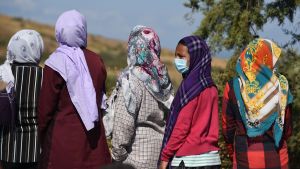 Reuters
ReutersGender and Humanitarian Dimensions of COVID-19
Jocelyn Kelly, Dorri McWhorter, and Roya Rahmani examine why using a gender-responsive approach is critical for addressing the COVID-19 pandemic. -
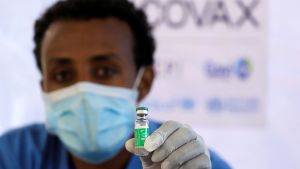 Reuters
ReutersEqualizing Global Access to COVID-19 Vaccines
Gavi CEO Dr. Seth Berkley, UNICEF Executive Director Henrietta Fore, and Africa’s CDC Director Dr. John Nkengasong discuss global vaccine efforts with Council Distinguished Fellow Ertharin Cousin. -

The Post-COVID City
The CEO of United Airlines, the President of Microsoft, the Governor of Tokyo, and other civic and industry leaders from around the world discuss the resilience of cities and how they may revive their social and economic vitality. -
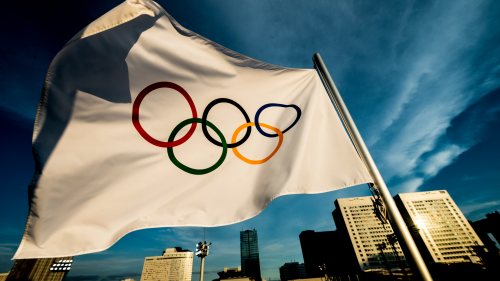 REUTERS
REUTERSPublics React to Mandatory Vaccination, the Olympics, and Governments' COVID Management
Populations around the world remain divided over how comfortable they are returning to normal life as the Delta variant spreads.